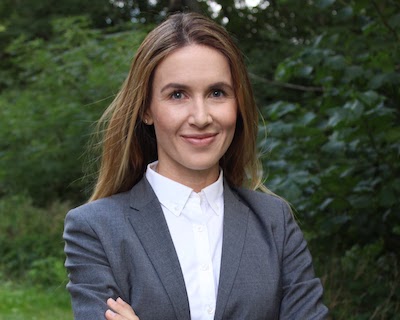Improving healthcare through knowledge provision
Unequal access to high-quality medical care not only affects people’s health but also generates and sustains economic inequality. One path towards better and more equitable medical care is to improve healthcare workers’ best practices in medical treatments, including organizational best practices in terms of which healthcare professional performs which task best, and regarding which services are needed for different patient populations. This project will assess two concrete improvements for the organization of medical care: (i) The first work package seeks to understand better how knowledge hierarchies affect service provision in online healthcare. A knowledge hierarchy is an organization of labor where workers in certain occupations solve more routine problems, while workers in more specialized occupations solve exceptional problems. Online services may have an impact on knowledge hierarchies and the work life of different professions since they generate a re-organization of tasks and collaboration structures. The project will assess the differential skills of doctors vs. nurses in terms of providing different health services to different patient groups, exploiting the fact that the current assignment of patients to healthcare providers has a random component due to congestion effects which temporarily restrict access to doctors or nurses. The results of this analysis will allow to assess whether the current division of tasks between doctors and nurses could be modified such that health outcomes improve, and healthcare inequality is reduced. (ii) The second work package addresses the social problem of poor maternal postpartum health by developing and testing a scalable support system for new mothers with curated information, mental and physical health screenings, and connections to healthcare providers. In the US, 65% of women experience complications in the first 6 months following childbirth, and one in five new mothers are at risk for postpartum depression and anxiety. The burden of these complications is highly unequal, with Black women being three times more likely than white women to die from childbirth-related causes. This project will address two critical questions: What are the barriers that preclude healthcare systems from following the more recent medical consensus that continuous and regular postpartum care is essential for maternal health? And how can we create a solution to overcome these barriers? This project will address these questions through a randomized control trial that provides different types of information and support to postpartum women, while collecting high-frequency data as well as long-term administrative data about outcomes such as healthcare, division of parental leave, and return to work.

Prof. Amanda Dahlstrand
Project Leader
Department of Economics
Data used
I use administrative registry data as well as proprietary firm data, both of which are sensitive (on health) so they are not publicly accessible.
For further information about the project and data availability please contact:amanda.dahlstrand@econ.uzh.ch